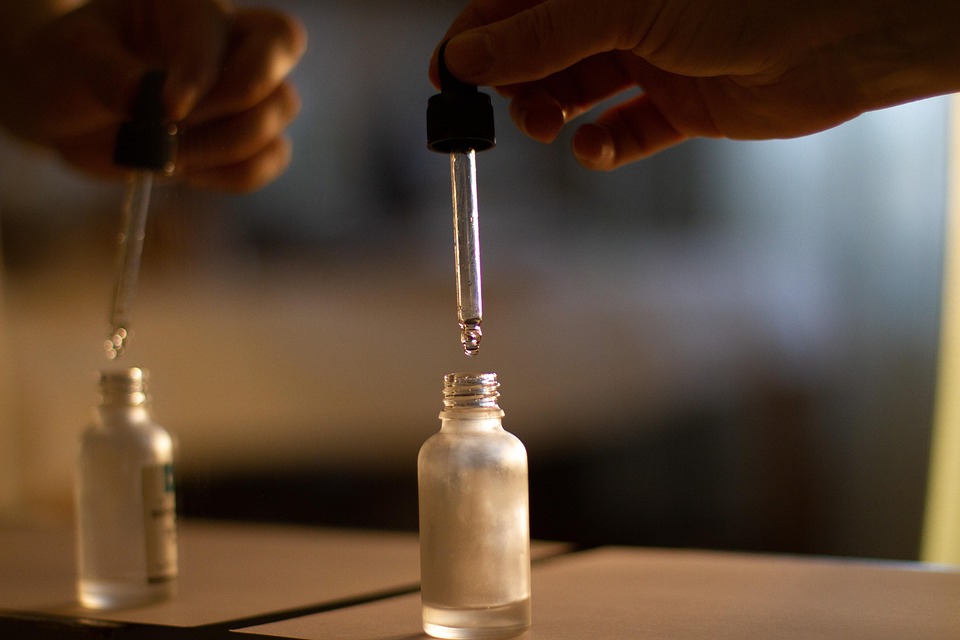In a world filled with hustle, bustle, and constant demands, finding moments of peace and tranquility can feel like a rare luxury. We often neglect ourselves in the pursuit of success, forgetting to slow down and listen to what our bodies truly need. As we navigate through the complexities of modern life, it’s important to remember the importance of self-care and taking time for ourselves. One practice that has been gaining popularity in recent years is Cosmetic Acupuncture, a natural and non-invasive way to revitalize the skin and restore balance to the body.
Cosmetic Acupuncture has been used for centuries in Traditional Chinese Medicine to promote overall health and well-being. By stimulating specific points on the face and body with fine needles, this ancient practice works to improve blood circulation, promote collagen production, and reduce the appearance of fine lines and wrinkles. But the benefits of Cosmetic Acupuncture go far beyond just skin deep. This gentle and holistic approach to beauty also helps to restore balance to the body’s energy, or Qi, leaving you feeling rejuvenated and energized from the inside out.
One of the key principles of Traditional Chinese Medicine is the idea of balance and harmony within the body. When our Qi is flowing smoothly and all of our body’s systems are in sync, we feel vibrant, healthy, and full of vitality. However, when our energy becomes blocked or stagnant, we may experience a range of health issues, both physical and emotional. This is where the ancient practice of Tai Chi Pestle Needle Therapy can be incredibly beneficial.
Tai Chi Pestle Needle Therapy involves the use of a small, smooth tool known as a Pestle Needle to gently massage acupressure points on the face and body. This simple yet effective technique helps to promote the flow of Qi, release tension, and improve circulation, leaving you feeling relaxed and rejuvenated. By incorporating Tai Chi Pestle Needle Therapy into your daily routine, you can reconnect with your body’s natural rhythms and promote a sense of balance and harmony in your life.
Incorporating self-care practices inspired by traditional Eastern wisdom doesn’t have to be complicated or time-consuming. By taking just a few moments each day to tend to your body and mind, you can cultivate a sense of ease and clarity that will benefit you in all areas of your life. Here are a few simple self-care practices that you can weave into your daily routine to promote balance and vitality:
1. Mindful breathing: Take a few deep breaths throughout the day, focusing on the rise and fall of your chest and the sensation of air filling your lungs. This simple practice can help to calm the mind, reduce stress, and promote relaxation.
2. Gentle movement: Incorporate gentle movement practices such as stretching, yoga, or Tai Chi into your daily routine. These practices help to improve flexibility, reduce tension, and promote a sense of well-being.
3. Nourishing your body: Eat a healthy, balanced diet filled with fresh fruits and vegetables, whole grains, and lean proteins. Taking care of your body from the inside out will help to promote radiant skin and overall vitality.
4. Connecting with nature: Take time to get outside and enjoy the beauty of the natural world. Whether it’s going for a walk in the park, sitting in your garden, or simply gazing at the sky, connecting with nature can help to ground you and promote a sense of peace and serenity.
By incorporating these simple self-care practices into your daily routine, you can cultivate a sense of balance and ease that will benefit you in all areas of your life. And if you’re curious about exploring the gentle energy flow of Tai Chi Pestle Needle Therapy, I invite you to give it a try. Take a few moments each day to gently massage your acupressure points with the pestle needle tool, allowing yourself to reconnect with your body’s natural rhythms and promote a sense of harmony within. There’s no pressure, just a gentle invitation to explore a new way of caring for yourself and finding balance in your everyday life.
This practice changed my life—maybe it’s your turn now. → Learn more.

Leave a Reply